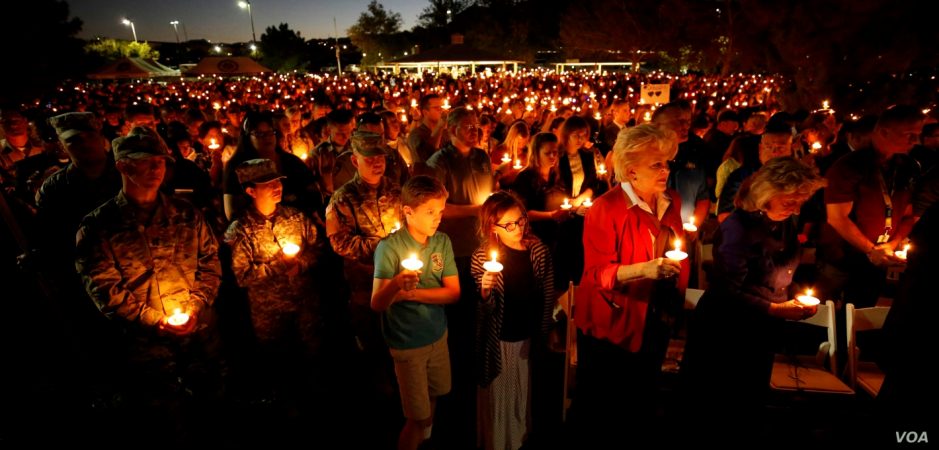One of the things I do when I write a play is assemble a Tumblr with all of my inspirations and research. It helps me keep everything in one place while I write. It’s also invaluable as a place to refer those people who ask, “What inspired you?” or don’t believe you when you write, for example, character who’s stalked …
Bystanders Audio Play
I’m moving into an intense rehearsal and recording period in August. First up is “Bystanders” for Central Works. It was scheduled to premiere as a live play in October, but is uniquely suited to audio. There is a single moment that is viscerally visual, but the play has a lot of storytelling that lends itself to soundscape, and the climax …
Helpless?
Writing “Bystanders” is heart-rending. The play does not posit a solution, but follows one woman’s resolute action to open people’s eyes to the problem of mass shootings. The Onion nails the terrible state we’re in: “ROSEBURG, OR—In the hours following a violent rampage in southwestern Oregon in which a lone attacker killed nine individuals and seriously injured seven others, citizens …
“Rage Becomes Her”
I’m reading Soraya Chemaly’s new book as part of my research for “Bystanders.” In “Bystanders,” two very angry women disagree on the appropriate response to a school shooting that has devastated them both. I’m going to quote from the book: “Anger is an assertion of rights and worth. It is communication, equality, and knowledge. It is intimacy, acceptance, fearlessness, embodiment, …
Memories of Trauma in Bystanders
This article is part of my research for my latest play, “Bystanders.” In it, two women are affected by the trauma of a mass shooting. I came across this fascinating article about how traumatic memories are formed, processed and stored. Memories of trauma are unique because of how brains and bodies respond to threat Jacek Debiec, University of Michigan Most …




